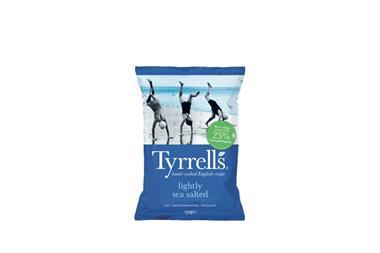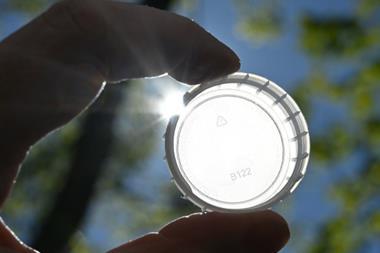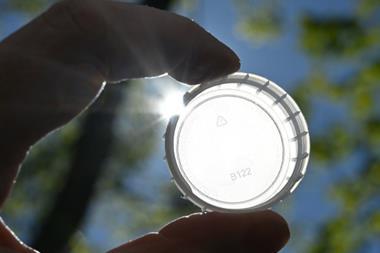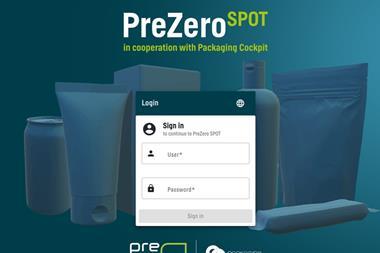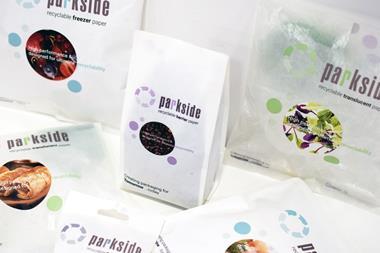
Mars UK, Mondelēz, Nestlé, PepsiCo and Unilever have collaborated to form a €1.2 million fund that aims to help make flexible plastic recycling economically viable for recyclers and easier for consumers.
The UK-based Flexible Plastic Fund is an industry-first for the country, and is being led by producer compliance scheme Ecosurety, with support from environmental charity Hubbub.
In collaboration with manufacturers, retailers and recyclers, the Fund intends to improve flexible plastic recycling and reduce plastic pollution by giving the material a stable value.
The body predicts that this will in turn increase the supply of recycled plastic enabling industry to become more ‘circular’ and meet forthcoming UK plastic packaging tax obligations. Ultimately, the Fund hopes to help motivate investment in much-needed jobs and infrastructure to make flexible plastic recycling a financially sustainable system in the UK.
Sainsbury’s and Waitrose have already signed up to support the initiative by hosting flexible plastic collection points in selected stores across the UK. Several other major retailers are reportedly set to follow suit.
With just 16% of UK local authorities currently offering household collection of flexible plastics, the amounts of this material collected for recycling are low. The Fund will guarantee a minimum value of £100 per tonne of recycled product to incentivise recyclers to process flexible plastic.
The initiative will provide fully audited transparency – at least 80% of the plastics collected will be recycled in the UK – rising to 100% by 2023. Until 2023, while there are limits in UK capacity and technology, up to 20% could be exported to qualifying facilities in Europe only.
All material will be fully traceable and tracked from the collector through to new products. Unlike many other schemes, recyclers will only be paid if the plastic is definitely recycled. The manufacturers contributing to the Flexible Plastic Fund will then be able to access the Packaging Recovery Notes (“PRNs”) generated by the scheme.
The recycled plastic will be turned into a range of products including non-food-grade plastic, non-food-grade film, and food-grade film. Through its graded payment hierarchy, the Flexible Plastic Fund is actively incentivising the development of a circular model of production where flexible plastic packaging can be recycled into plastic packaging, including food-grade, repeatedly.
Robbie Staniforth, head of innovation and policy at Ecosurety, comments: “Historically the UK recycling system has not provided enough motivation to recycle flexible plastics. By creating a sustainable market for this material, longer-term improvements can be made to ensure the flexible plastic that remains necessary for packaging is reliably recycled and eventually contributes to a circular economy, thereby tackling plastic pollution.”
“We hope that by boosting this infrastructure, government and local authorities will be motivated to quickly facilitate flexible plastic recycling in the UK by making it easy for consumers to recycle via household collections in the future.”
Rebecca Pow, the UK’s Environment Minister, adds: “I very much welcome the new Flexible Plastic Fund which will help to recycle more plastic, and I encourage retailers, manufacturers, and recyclers to lend their support.”

